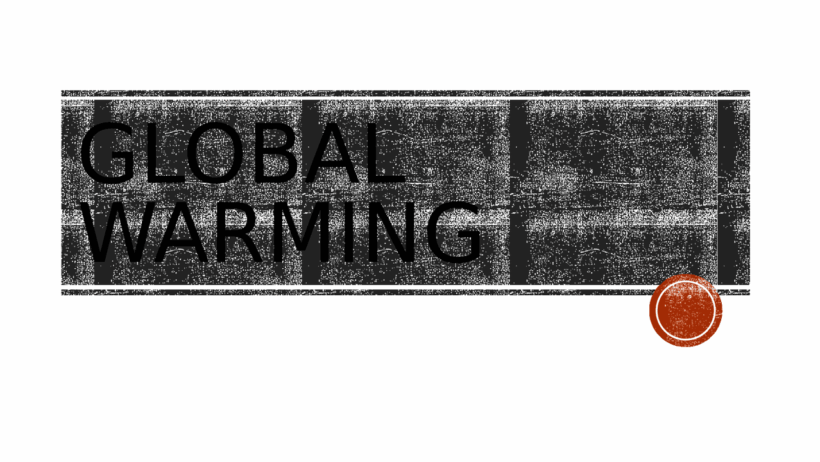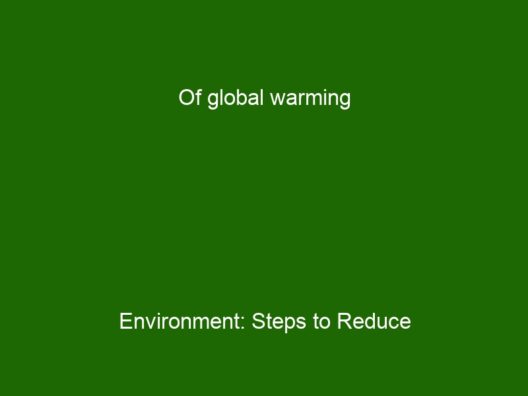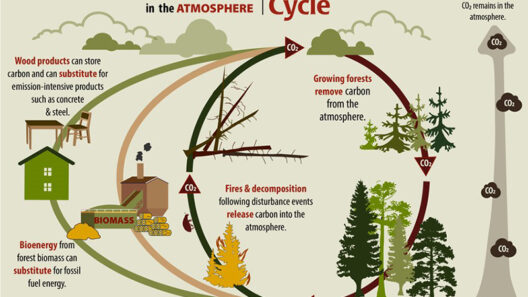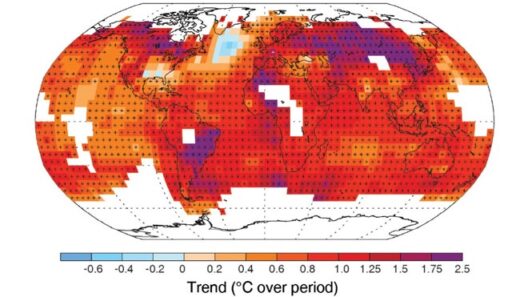Climate change is no longer a distant concern but an omnipresent reality impacting ecosystems, economies, and human health worldwide. The stark reality is that we are at a crossroads, where the decisions we make today will shape the trajectory of our planet for generations to come. This article delves into effective actions we can take to mitigate global warming, assessing the roles individuals, communities, and governments play in this urgent fight.
Understanding Global Warming: The Urgency of Now
From rising sea levels to extreme weather patterns, the ramifications of global warming are evident. Each increment in temperature levels exacerbates these effects, further entrenching social and environmental dilemmas. The primary culprits behind this warming trend are greenhouse gases, primarily carbon dioxide and methane, released by human activities such as fossil fuel combustion, deforestation, and industrial processes. Recognizing the science behind climate change lays the foundation for actionable solutions. Thus, combating global warming demands an honest confrontation with these contributing factors.
The Power of Individual Action: A Collective Impact
While it may seem that large-scale change requires action from governments and corporations, individuals can wield substantial influence. Behavioral change at the grassroots level can culminate in significant collective action. Here are avenues for individuals to make an impact:
Embracing Sustainable Transportation
The transportation sector is one of the largest contributors to carbon emissions. Opting for public transit, cycling, or walking not only reduces one’s carbon footprint but also promotes healthier lifestyles. Carpooling and choosing electric or hybrid vehicles further amplify these efforts. Even small adjustments, like walking to nearby destinations or utilizing rideshare services, can decrement individual CO2 output.
Adopting a Plant-based Diet
The agro-industrial complex is a leading factor in greenhouse gas emissions, particularly through livestock farming. A shift toward a plant-based diet can play a pivotal role in mitigating climate change. Incorporating more fruits, vegetables, legumes, and grains reduces the demand for resource-intensive meat and dairy production. Moreover, individuals can minimize food waste and prioritize local produce, which lessens transportation emissions.
Energy Efficiency at Home: A Smart Investment
Households are significant consumers of energy, contributing notably to greenhouse gas emissions. Implementing energy-efficient practices, such as using LED bulbs, smart thermostats, and ENERGY STAR appliances, can reduce consumption and lower utility bills. Additionally, considering renewable energy sources like solar panels can enable homes to harness natural resources, potentially selling back excess energy to the grid.
The Role of Community Initiatives: Power in Numbers
Communities have the potential to cultivate environments that prioritize sustainability by collaborative efforts. Here are some examples of community-driven initiatives:
Organizing Local Clean-Up Events
Communities can mobilize volunteers for clean-up drives in parks, beaches, and urban areas. These activities not only beautify spaces but also raise awareness about pollution and its impact on ecosystems. Creating a regular schedule for such events fosters community spirit and responsibility.
Establishing Community Gardens
Community gardens serve multiple purposes: they promote local food production, reduce food miles, foster biodiversity, and enhance community cohesion. By growing fresh produce collectively, neighborhoods can encourage sustainable agricultural practices and improve food security while reducing reliance on industrial agriculture.
Advocating for Policy Changes: The Power of Civic Engagement
A synergistic approach between citizens and their governing bodies is critical in addressing climate change. Engaging in civic matters is an essential part of fostering accountability and creating systemic change. Encouraging participation in local councils, environmental groups, and public forums can amplify community voices, leading to influential policy reforms. Well-informed citizens become advocates for legislation that supports sustainable practices, such as:
Implementing Renewable Energy Standards
Advocating for national and local policies that require renewable energy usage in both public and private sectors not only reduces dependence on fossil fuels but also fosters technological innovation. Support for incentives and subsidies can make the transition more feasible for various sectors.
Enhancing Building Codes for Sustainability
Updating building codes to prioritize sustainability ensures that new constructions minimize environmental impact. This includes mandates for energy-efficient materials, green roofs, and proper insulation. Such regulations promote a culture of sustainability while fostering economic growth through the creation of green jobs.
Global Responsibility: A Call for Collective Action
No single entity can address climate change in isolation; it is a worldwide crisis necessitating coherent global cooperation. International agreements like the Paris Accord signify the gravity of the issue and seek to unite countries in pursuit of common goals. Each nation must prioritize climate action, but it requires conscious consumer choices and vigilant advocacy from constituents to prompt governmental action.
Charting a Sustainable Future: The Path Forward
Preventing global warming is an intricate endeavor that involves multifaceted strategies across all sectors of society. Through individual action, community efforts, and robust government policies, we can forge a path toward a sustainable future. The responsibility lies with everyone—from individuals to the global community—to embrace their role in this battle against climate change. The question is not whether we can prevent global warming, but whether we will take the necessary steps to do so. The time for action is now.







